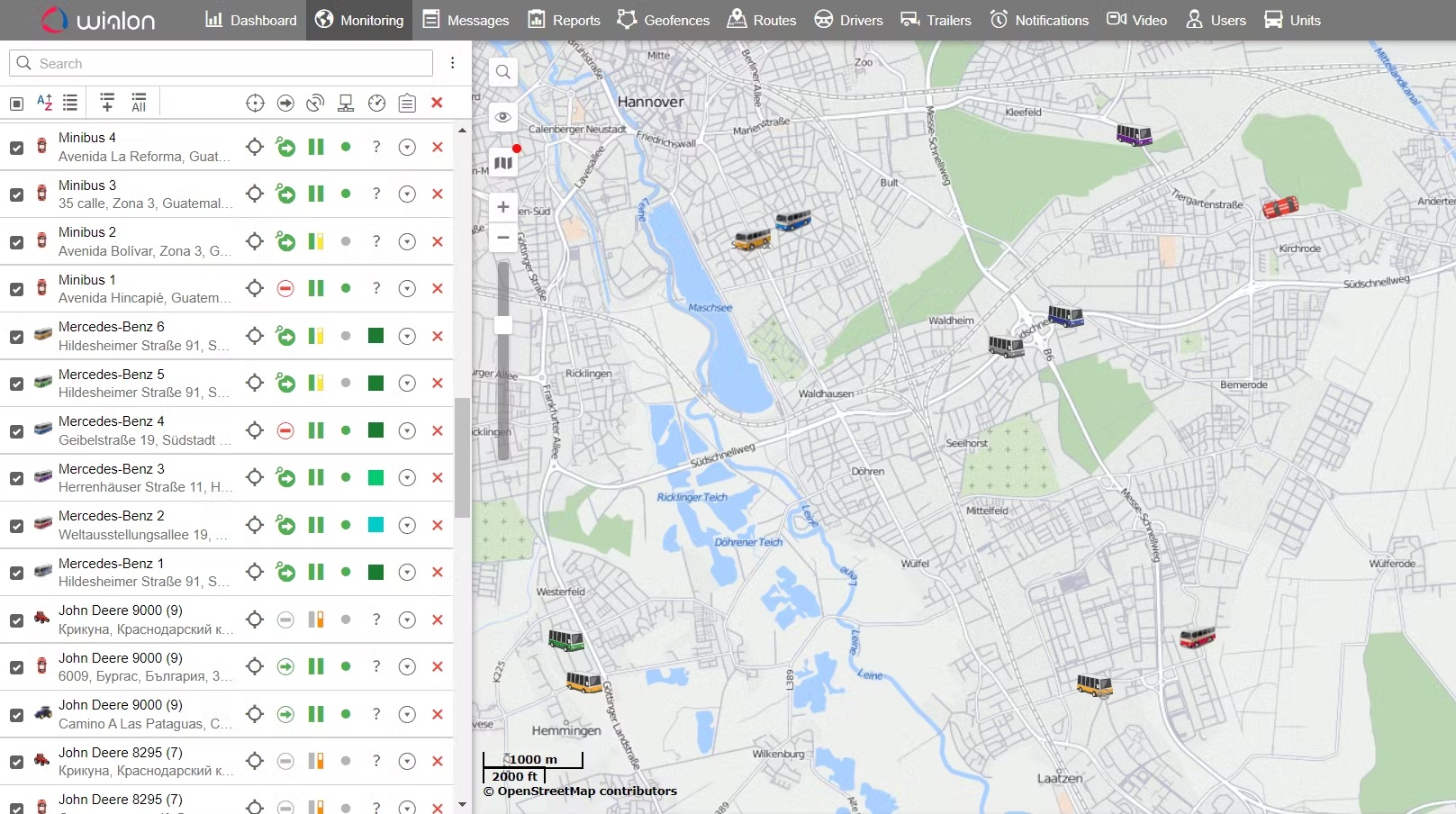05.Jan.2024

Incorporating GPS tracking systems into heavy equipment management is a strategic move towards operational excellence, cost savings, and enhanced security. The real-time insights provided by these systems empower businesses to make informed decisions, ultimately driving success in an increasingly competitive industry. Embrace the power of GPS tracking and revolutionize the way you manage your heavy equipment fleet.
Navigating Success: The Power of GPS Tracking for Heavy Equipment
GPS
Within the ever-evolving landscape of heavy equipment industries, the pursuit of efficiency and productivity stands as a top priority. Effectively overseeing a fleet of robust machinery demands a strategic methodology aimed at maximizing performance, minimizing downtime, and elevating overall operational efficiency. Among the transformative technologies that have reshaped fleet management, GPS tracking takes center stage. This blog delves into the extensive advantages that arise from integrating GPS tracking systems into your heavy equipment fleet.
Enhanced Asset Visibility: One of the primary advantages of GPS tracking for heavy equipment is the ability to gain real-time visibility into the location and status of each asset. This not only aids in monitoring the equipment's current position but also provides insights into its usage patterns, helping businesses optimize their operations.
Increased Security: Heavy equipment represents a significant investment for any business. GPS tracking adds an extra layer of security by allowing owners to track and monitor their assets remotely. In the unfortunate event of theft, the system enables quick and precise location identification, aiding law enforcement in the recovery process.
Improved Operational Efficiency: Efficiency is the cornerstone of successful heavy equipment management. GPS tracking systems provide valuable data on equipment utilization, idle time, and fuel consumption. By analyzing this information, businesses can identify areas for improvement, streamline operations, and reduce overall costs.
Proactive Maintenance: Regular maintenance is crucial for the longevity and performance of heavy equipment. GPS tracking systems can be integrated with maintenance schedules, providing timely alerts for servicing and repairs based on actual usage data. This proactive approach helps prevent costly breakdowns and extends the lifespan of your equipment.
Compliance and Reporting: Many industries are subject to strict regulatory compliance requirements. GPS tracking systems simplify compliance by automatically recording and generating reports on various parameters, such as working hours, routes taken, and adherence to safety protocols. This not only ensures regulatory compliance but also facilitates better decision-making based on accurate data.
Geofencing for Enhanced Control: Geofencing is a powerful feature of GPS tracking that allows users to define virtual boundaries for their heavy equipment. This feature can trigger alerts when equipment enters or exits designated areas, providing an added layer of security and control over the fleet's movements.
Cost Savings: By optimizing routes, reducing idle time, and improving fuel efficiency, GPS tracking directly contributes to cost savings. Businesses can also benefit from lower insurance premiums, as many insurers offer discounts for vehicles equipped with GPS tracking systems due to the increased likelihood of recovery in the event of theft.

Incorporating GPS tracking systems into heavy equipment management is a strategic move towards operational excellence, cost savings, and enhanced security. The real-time insights provided by these systems empower businesses to make informed decisions, ultimately driving success in an increasingly competitive industry. Embrace the power of GPS tracking and revolutionize the way you manage your heavy equipment fleet.




%7D%7D/public/images/media/1615715240adsense500x500.png)
